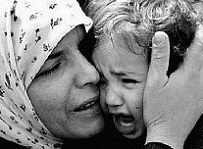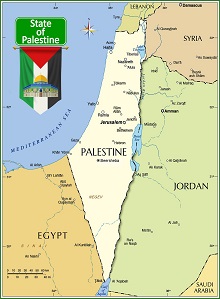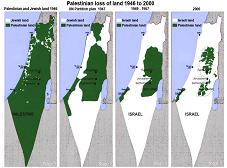 Inside the insular and secretive Eritrea
Inside the insular and secretive Eritrea

On the sun-bleached heights of the Asmara plateau, July is beles season, a few weeks of wild cactus fruit and ostentatious metropolitan chic. It is when the fig cacti, the beles, yield their knobbly pellets of fruit to sure-handed children, who pick them to earn their families some cash. July is also when Eritrea’s diaspora engine goes into reverse and expat families hustle through Asmara’s tiny airport and out on to the tiled streets of the capital, where they parade in the Gucci glamour and hip-hop bling of London and New York. Because their arrival coincides with the ripening of the cactus fruit – and because they have disappeared by the time the fruit is gone – they, too, are dubbed beles by the compatriots they leave behind.
The two cross paths on street corners in Asmara, where plastic buckets filled with the pickings from the cactus fields sit at the knees of female traders, swathed like mummies in the white cotton shawls of the Christian highlands. Some diaspora families sweep past, Dad speaking to the kids in Tigrinya, the local language, the kids replying in English or Swedish or Dutch. Others pause to buy handfuls of the fruit, whose yellow skin conceals a fleshy orange core that tastes of mango.
At 2,300m above sea level, this is one of Africa’s cleanest, calmest, most crime-free cities, a home above the clouds for 400,000 people and the capital of the continent’s newest nation-state. It’s a cauldron of cultural influences – domestic and foreign, old and new, beles and beles – but ranks as an outlier in Africa. It’s a sliver of rock that clings to the continental shelf like it’s afraid of slipping into the Red Sea, but its four million people refer to their neighbours as “Africans” with a cool detachment. [Barney Jopson is the FT’s East Africa correspondent. To read the full interview with Isaias Afewerki, go to www.ft.com/isaias] Please take a good look at this map. -If we consider the geographical positions of both Yemen and Eritrea + the fact that the Suez Canal further to the north is extremely important for international shipping & many of the world's navies...Doesn't it spring to mind then that the strategic position of Eritrea is bound to land this tiny country in trouble with the US? Would it be too much to expect to hear shortly of "terrorism" in Eritrea and of the "need" for the US to do something with this "problem"?




